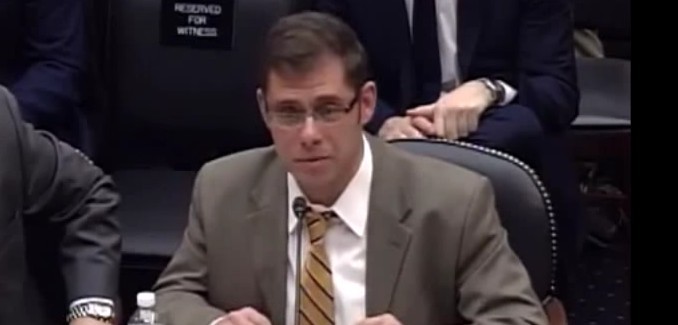The White House’s failure to provide Congress with all of the side deals connected to the nuclear agreement with Iran means that the 60-day countdown clock for a vote hasn’t started, Northwestern University law professor Eugene Kontorovich wrote today in an analysis in The Washington Post
The Iran Nuclear Agreement Review Act of 2015, also known as the Corker-Cardin bill, allows Congress to vote on a resolution of disapproval of the deal before the end of a 60-day “period of review” of the deal and all related documents. Without those documents, there can be no review or vote, and without the vote, President Barack Obama does not have the legal authority to suspend sanctions on Iran, as the deal demands. If Obama attempts to do so anyway, Congress may attempt a legal challenge.
Congress’s legal standing for such a challenge is a new development, made possible by a decision by the DC federal district court in House of Representatives v. Burwell, that allowed the House of Representatives to challenge an action taken by the executive branch.
Corker-Cardin makes clear that sanctions relief under preexisting statutory authority can only come after a positive vote, or no vote, or an overridden disapproval vote, during the “period of review.” Since the period of review has not started, sanctions relief would be unlawful. Congress suffers an injury by the president’s failure to begin “period of review.” Thus Congress can take no binding action with regard to the [deal]. This undermines Congress’s Article I ability to regulate foreign commerce, and indeed its ability to function as a legislature.
By not transmitting the relevant materials, the president is preventing Congress from exercising its legislative authority. That argument – whether ultimately successful or not – may state a sufficient injury under House of Representatives v. Burwell. …
Even if Congress proceeds to a vote, it will have no legal effect, because the “period of review” would not have started, and the statute only authorizes sanctions relief during or after the “period or review.” Congress cannot rewrite the “period of review” definition in Corker-Cardin simply by staging a vote.
It is unclear whether the courts would accept Congress’ argument. Though Kontorovich wrote that voting on a “resolution of disapproval” under the current circumstances would have no effect, as the period of review has not started, he recommended against Congress taking any action that could be construed as being part of the Corker-Cardin framework.
Kontorovich noted that individual states would, under certain circumstances, have standing to challenge the suspension of sanctions, on the grounds that Corker-Cardin was not followed. If a business in a state had commercial dealings with Iran after the president suspended sanctions, the state’s attorney general could take action by enforcing the state’s own Iran sanctions law against those dealings. This, in turn, could lead to a review of the president’s implementation of sanctions relief in light of his failure to abide by the Corker-Cardin law.
The administration has refused to provide Congress with the side deals between Iran and the International Atomic Energy Agency (IAEA), claiming that they are confidential. However, Olli Heinonen, the former deputy director-general of the IAEA, has said that nations who are members of the board of governors of the IAEA, as the U.S. is, may request access to such documents. Iran has been adamant about keeping these agreements secret, and even suggested that IAEA director-general Yukiya Amano “would have been harmed” if he had disclosed details of the side deals.
Rep. Pete Roskam (R – Ill.) introduced a resolution earlier this week to cancel the Congressional vote on the deal, on the grounds that the administration has failed to provide all of the relevant documents for review.
[Photo: Kohelet Forum Office / YouTube ]




